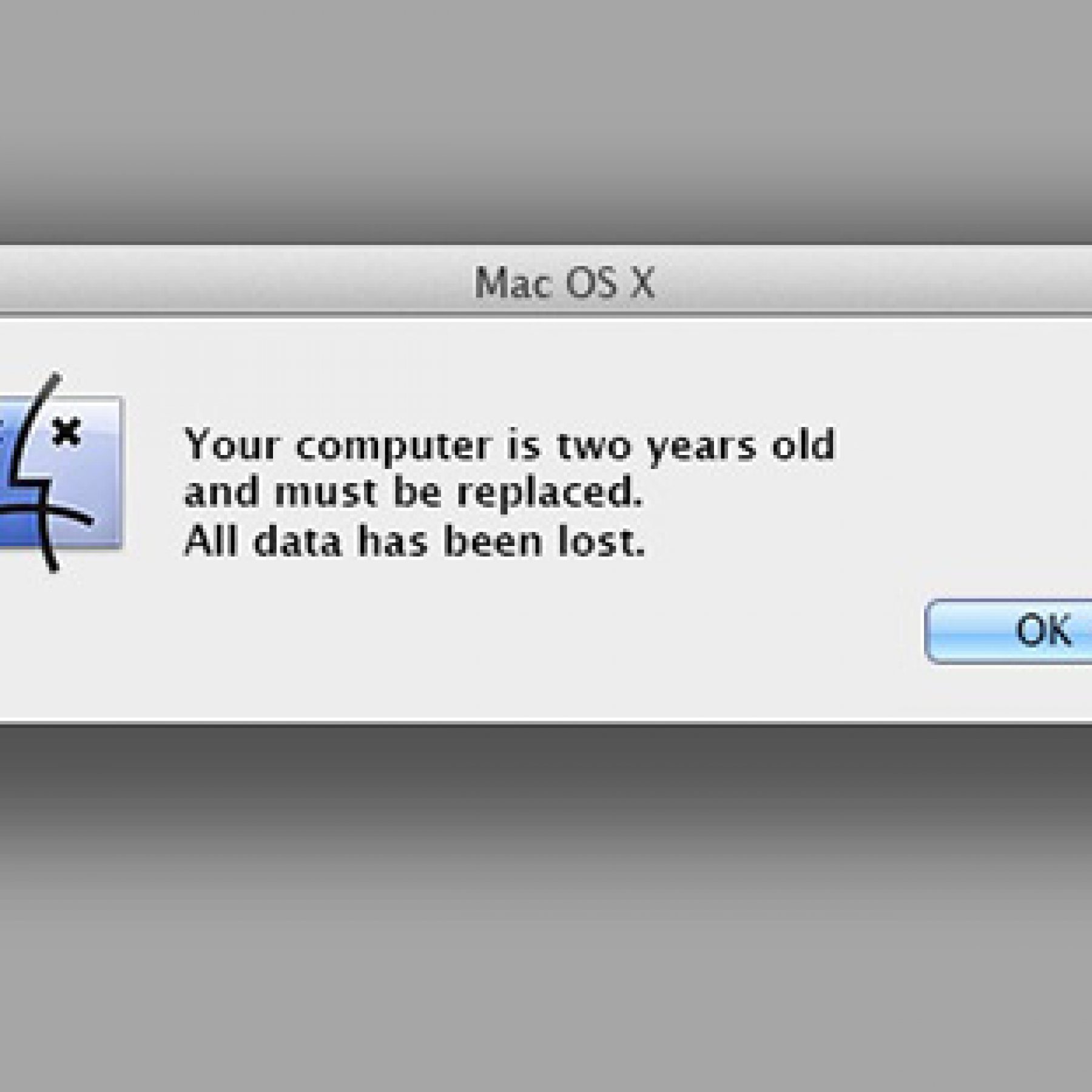
APPLE NOTES 108
Is the curse of obsolescence a feature of audio software?
Column: Anthony Garvin
A little while back we put a call-out on Facebook to find out what in the Apple landscape most interests you. Of all the responses, David Crowe’s resonated with us:
This is perhaps not just limited to Macs. I’d like to hear an opinion on whether software upgrades have a deliberate goal to make your old hardware/software slow or obsolete. Is it really that difficult to write software that supports previous versions/operating systems? Surely the focus of upgrading your OS, DAW, plug-ins, etc, should be to offer new features and fix bugs, not to render old software/hardware completely unusable. The constant cycle of upgrading seems to be a needless drain on time and funds and a serious distraction for the creative worker!
As someone with a passion for producing music, a technical inclination and a weakness for being easily distracted, I can relate to what you’re saying David. Almost every month there’s some new plug-in or DAW update too attractive for me not to take the bait. Questions along this line have been circling since man first put audio into a computer. Why do we feel like we are on an endless upgrade rollercoaster: with peaks and troughs; some plateaus; but ultimately no way off?
AT BASE LEVEL
Let’s first look at the technical aspects and imagine the relationship of all the ‘moving parts’ in a digital audio system with a good old pyramid diagram:
It’s a simplified example, but shows the hierarchy our digital audio systems rely on. There are scenarios where one developer may exert control over more than one pyramid layer (Apple and Avid are obvious parties here), but no single party has control over the entire pyramid. So, to be part of the eco-system every developer has to fit in, not only creatively, but technically and practically. Let’s work through a couple of examples.
DR ANDY & MR HYDE
First, meet Dr Andy. He’s an electrical engineer with an interest in music, who founded Antares in 1990 — famous for Autotune. His ideological/business mission is to make great sounding and functional music production tools available to as many users as possible.
So how does he do this? By making sure Autotune and all its spin-offs are supported in all the popular DAWs: Pro Tools, Logic, Cubase, Sonar, Ableton… and more. Currently, that means his plug-in checklist includes VST for Mac and PC, AAX for Mac and PC, plus AU for Mac as well; all as 64-bit plug-ins. So while he’s really wanting to spend time, money and effort on his product, he’s having to stop and prop for every DAW developer’s big move — Pro Tools RTAS to AAX conversion for instance — and, of course, there was the move from 32- to 64-bit not long ago. Of everyone, the plug-in developer gets bitten the hardest by the upgrade cycle.
He has to strike a balance between developing a tool that studio people want to use, but remains compatible and reliable enough for day-to-day use regardless of an individual’s system. Both impact his ability to stay a profitable business thanks to this tension between ‘new ideas’ versus ‘ongoing support’. This means he has to sell upgrades to existing users as well as full versions to new users.
LOGICAL OCCLUSION
At the other end of the scale, we have Apple, which builds computers, develops operating systems and maintains a DAW — three bites of the pyramid. With the recent release of Logic 10.1, Apple dropped support for all OS’s except Yosemite and Mavericks. Ouch! Any OS older than late 2013 simply can’t run the latest version of Logic.
Sounds like a classic, anger-inducing case of a forced hardware upgrade. But wait a second! Mavericks is compatible with computers as old as a mid-2007 iMac. So on one hand, while users are forced to upgrade their OS, which is free by the way, they haven’t necessarily needed to upgrade their Macs for eight years. You could have toted around the same computer you had as a high school music student, graduated audio school and still been able to access the latest software.
Of course, how many drummer tracks, flex-pitched vocals and amp designers I could instance on a 2007 iMac is up for debate. Newer, more powerful features tend to tax a system more heavily, but it shouldn’t stop you doing what you’ve always done, just on nicer-looking software.
Which is the real point here. I just don’t buy the fact that software deliberately has some kind of built-in obsolescence. Equally, music software/hardware is no different to the sale of any other product — the market drives demand, and users demand more features at lower prices. With more advanced features comes more advanced demand on our computer’s hardware, and thus it spirals from there.
I’m not saying you’re the problem, David, I’m saying we all are. The only way to get out of the cycle is to remember The Beatles. They made some of the most popular music of all-time on a four-track tape machine… So if you don’t want to feel a victim of the constant cycle of upgrading — don’t upgrade!
Now if you’ll excuse me, I’ve just got to go and download that new EMI Abbey Road plug-in. There’s this sound I’m chasing.
For being our top respondent, David wins a complete copy of the Mixerman set of books, including the new one, Zen and the Art of Recording.
Join in the conversation at facebook.com/audiotechnology.


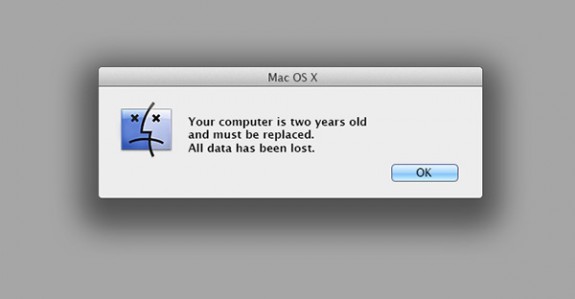

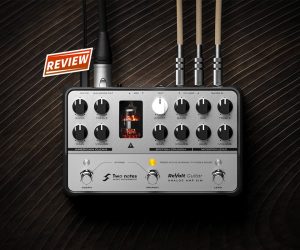
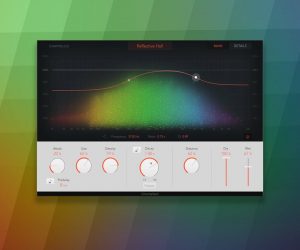





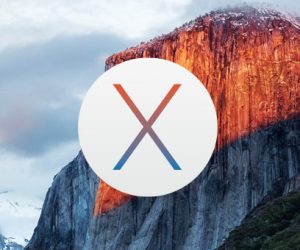


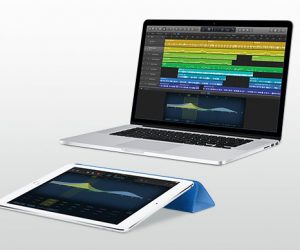



RESPONSES